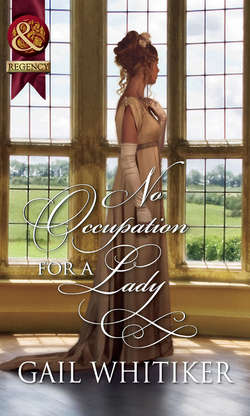Читать книгу No Occupation For A Lady - Gail Whitiker, Gail Whitiker - Страница 5
Author’s Note
ОглавлениеThe Licensing Act of 1737 introduced the heavy hand of censorship to the British theatre. It was initiated by Robert Walpole, one of the period’s most influential and powerful men, and its main purpose was to prevent satirists of the day from lampooning politicians—Walpole in particular—and from presenting anything felt to be subversive or distasteful to the British public. As such, it required that a Lord Chamberlain and his ‘Examiners of Plays’ approve every play prior to its first public performance. Any content deemed to be insulting, derogatory, inflammatory or controversial was removed.
The Act also restricted the production of serious dramatic works to Drury Lane and Covent Garden, two theatres already in possession of royal sanctions. Theatres that did not hold this distinction—like the fictitious Gryphon—resorted to producing melodramas, ballad operas and burlesques, which relied heavily on musical interludes, facial gestures and body movements, and either eliminated or restricted the use of spoken dialogue altogether.
The scope of the Licensing Act caused a resurgence in the works of William Shakespeare, given that plays written before 1737 were not subject to censorship and could be performed without permission from authority, but it also fostered a deep distrust of government officials by both playwrights and the public alike. As a result, many successful playwrights turned their hand to writing novels, which were not affected by the same strict rules. Surprisingly, the Act remained in effect until 1968, when it came up against mounting pressure from influential anti-censorship groups.
I have taken a certain amount of artistic licence with regard to the content of Victoria Bretton’s plays. I tend to think her remarks about members of society and the clergy would probably have been ‘red lined’ by the Examiners, but for the sake of the story, I wanted there to be some ‘controversial elements’ in her work. And while it is true that a number of women were successful in writing plays in and around the Regency, it was still not a recommended occupation for young ladies. Oh, how far we’ve come!
